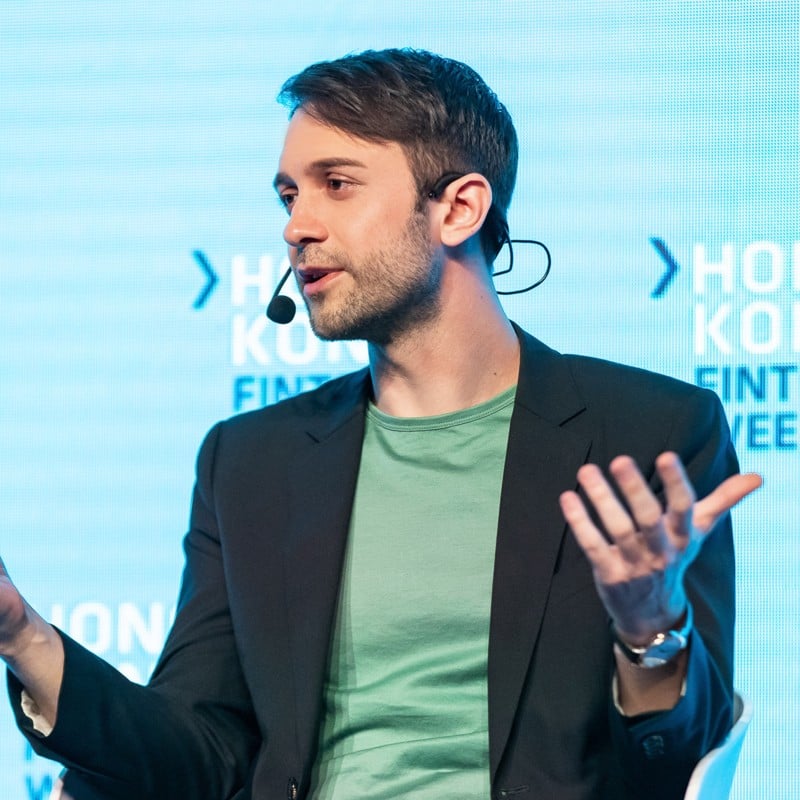Disclosure: The views and opinions expressed here belong solely to the author and do not represent the views and opinions of crypto.news’ editorial.
The world stands at a crossroads—as it always does. Economic systems once promising stability and growth have revealed deep flaws: centralized control, rampant inequality, and short-term thinking have left humanity grappling with extremes of poverty and wealth. As we look to the future, the idea of a “divine economy” emerges not as a utopian fantasy but as a practical, long-term project.
This endeavor, likely spanning centuries, seeks to build a civilization rooted in sound money, true prosperity, and renewed relationships between individuals, communities, and institutions—relationships currently fragile, if not broken. While innovations like Bitcoin (BTC) and the Bitcoin Standard offer compelling foundations, this vision does not depend on their inevitable success. Rather, it draws from their principles to propose a global economy balancing competition and compassion, individual success and collective advancement.
A global currency grounded in sound money
A divine economy requires establishing a global currency grounded in sound money. For too long, fiat currencies have been manipulated, inflated, and politicized, eroding trust and distorting value. A global currency—potentially Bitcoin—would transcend borders, fostering free trade and fiscal prudence. Sound money resists devaluation and encourages long-term thinking, demanding transparency from institutions and accountability from individuals.
Imagine a world where savings retain value across generations, money issuance is decentralized and verifiable (such as Bitcoin mining), and economic incentives align with sustainable growth rather than reckless speculation. This does not reject national sovereignty but proposes a framework where nations prosper through healthy competition, free from currency wars or exploitative debt cycles.
Redefining true prosperity
Yet, a global currency alone is insufficient. True prosperity extends beyond material wealth, encompassing human nobility—creativity, resilience, and ethical conduct. Prosperity is not solely measured by GDP or personal fortunes but by community strength, individual dignity, and shared spiritual aspirations driving humanity forward.
Technological and financial innovations must pair with new social relations. Individuals must see their progress intertwined with others’ advancement. Communities must foster trust and mutual support. Institutions—governments, corporations, global bodies—must operate with integrity for the common good. This shift requires recognizing our shared humanity, a principle underpinning every transaction and policy.
New relations for a new economy
Extremes of poverty and wealth cannot be solved by markets alone. Free markets, essential for innovation and freedom, must be tempered by generosity and genuine philanthropy. In a divine economy, success is not zero-sum. The wealthy are not vilified, nor the poor abandoned; both are integral to a thriving whole. Philanthropy becomes a natural extension of prosperity, not performative virtue-signaling.
Generosity flows from understanding that humanity’s strength depends on uplifting everyone. This is not socialism—it preserves competition and reward—but infuses them with a higher purpose. A business leader might invest in education for underserved regions, knowing that an educated society benefits all. A worker saves diligently, understanding their effort contributes to stability and transparency.
Compassion as an economic force
Compassion lies at the heart of this vision, not as a vague sentiment but as a practical economic force. Consider Bitcoin’s potential mass adoption: its decentralized nature empowers individuals under oppressive regimes, giving them access to a global economy free from censorship or confiscation. Yet, compassion demands more—it requires mechanisms ensuring those without technical knowledge or resources are not left behind.
A divine economy might pair Bitcoin’s infrastructure with community-driven initiatives, where local leaders teach sound money, or mining profits reinvested in social goods like healthcare or clean energy. Compassion also means designing systems rewarding long-term horizons over short-term greed. Fiscal prudence becomes a virtue, encouraging individuals and nations to plan rather than borrow against the future.
Navigating challenges and competition
Transitioning to a divine economy faces challenges. Bitcoin, despite its promise, encounters hurdles—scalability, energy concerns, and resistance from entrenched powers. Its success isn’t guaranteed, but its ideas inspire. A global currency must navigate geopolitical tensions; nations won’t easily relinquish control over monetary policies. Yet, the argument for such a system is compelling. A unified standard reduces trade friction, eliminates currency manipulation, and fosters trust. Nations still compete through innovation, culture, and governance on a level playing field. Healthy competition thrives when rules are fair and rewards are genuine.
Embracing a thousand-year view
This vision assumes humanity is capable of more than self-interest. It rests on the belief that we are noble beings driven by spiritual aspirations as well as material needs. Ethics and virtues—honesty, justice, generosity—become economic bedrocks, not optional extras. A merchant does not cheat because integrity matters more than profit; a policymaker serves because service outweighs ambition. These aren’t naive assumptions; they’re prerequisites for a civilization that endures. History shows systems built on exploitation or mistrust eventually collapse. A divine economy seeks to break that cycle.
The journey to this civilization will take centuries, not decades, demanding patience, experimentation, and learning from failures. Bitcoin’s principles—decentralization, transparency, sound money—offer a starting point but aren’t the whole answer. These ideas must integrate into broader actions, encompassing compassion, philanthropy, and profound recognition of humanity’s oneness. Individual progress must fuel collective advancement, and vice versa. Institutions must evolve, shedding corruption and embracing accountability. Communities must bridge divides, turning strangers into neighbors.
As I see it, the divine economy is not a destination but a direction—a project demanding our ingenuity, empathy, and resolve. It asks us to imagine a world where money serves humanity, prosperity is shared, and competition lifts us all higher. This is the civilization I believe we can build, step by deliberate step, over the long arc of time. The tools—Bitcoin’s lessons, free markets, human connection—are in our hands. The question is whether we have the will to use them wisely. I believe we do.


